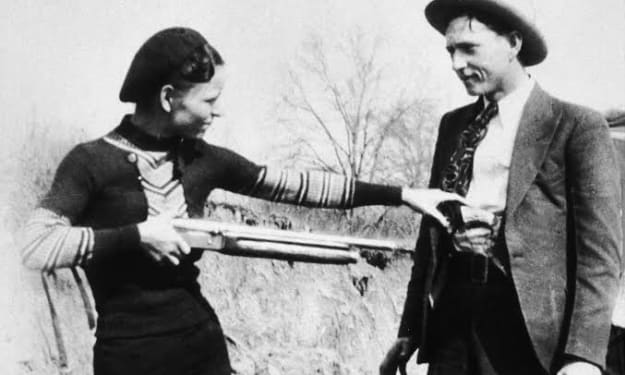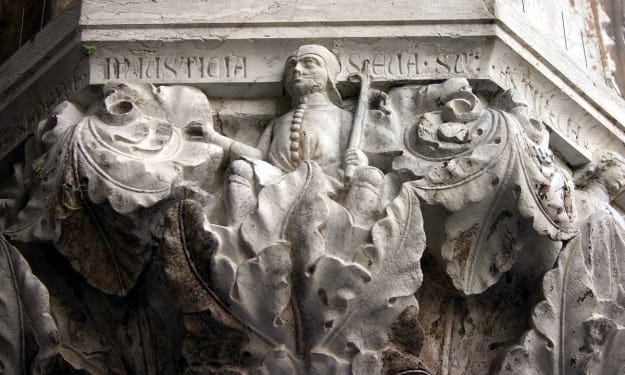Corruption and Accountability
Discussions on the emotional responses to candidates' promises to tackle corruption and hold public officials accountable for their actions.

In the bustling streets of Lagos, Nigeria, Hope's heart pounded with anticipation as she listened to the charismatic presidential candidate, Ngozi Adewale, speak passionately about her commitment to ending corruption and holding public officials accountable for their actions. It was a blistering hot day, but the fervor in the crowd overshadowed the scorching sun.
Hope had seen her fair share of corruption's devastating effects on her community. She was a teacher, struggling to make ends meet, while some of the politicians lived in opulence, squandering public funds meant to improve education and infrastructure. She yearned for change, for a leader who would restore hope and faith in Nigeria's future.
Ngozi's words resonated with Hope and many others. The candidate's powerful message filled them with newfound hope. But they had seen promising politicians make grand vows before, only to succumb to the temptation of corruption once in power. Hope was afraid to hope too much, fearing the disappointment that had plagued her in the past.
As the election day neared, Hope noticed a significant shift in her community. People who had once been indifferent about politics were now engaged and excited. Ngozi's rallies were packed with fervent supporters who believed in her vision and integrity.
One evening, while walking home, Hope noticed a group of young volunteers distributing campaign flyers. Among them was a young man named Chinedu, his eyes bright with determination. He told Hope that he had lost his father due to a lack of access to proper healthcare. It was a tragedy that should have been preventable if funds had been properly allocated.
Hope was moved by Chinedu's story and the depth of his commitment to Ngozi's campaign. She decided to volunteer herself, hoping that her small contribution could make a difference.
As election day finally arrived, Hope's heart was filled with both anxiety and excitement. She stood in line at the polling station, surrounded by fellow Nigerians eager to cast their votes for change. The atmosphere was electric, as if the nation's collective hope had converged at this very moment.
As the votes were counted, tension filled the air. Each vote felt like a step towards reclaiming Nigeria's future from the clutches of corruption. And then, the moment of truth arrived – Ngozi Adewale emerged victorious, the first female president in Nigeria's history.
Tears streamed down Hope's cheeks as she realized that the promise of change was finally within reach. The emotion in the air was palpable, a mix of jubilation, relief, and a sense of responsibility for holding their new leader accountable.
President Ngozi wasted no time in taking action. She established a robust anti-corruption task force, empowered to investigate and prosecute corrupt public officials. She also implemented measures to promote transparency in government spending and allocated funds to crucial sectors like education and healthcare.
Over the years, Hope saw her nation transform before her eyes. Schools were renovated, healthcare facilities improved, and opportunities for the youth expanded. The once pervasive skepticism was replaced by a newfound pride in being Nigerian.
As Hope stood at her classroom window one day, watching the children learn and grow, she reflected on the emotional journey that had led her here. The path had been filled with doubt, fear, and hope, but she was grateful for having held onto that hope with unwavering determination.
The story of Ngozi Adewale and her promise unbroken became a beacon of inspiration for the nation. It taught them that change was possible, that a leader's words could be backed by actions, and that the fight against corruption and accountability was worth every emotional investment.
And so, Nigeria marched forward, guided by the lessons of their past and the unwavering hope for a brighter, corruption-free future.
About the Creator
Scholastica Enegbainyaa
a philanthropist, a lover God and his kingdom, lover of good novels, simple but highly deciplined, currently running my master’s degree program on operation production management. Aspiring to becoming a lecturer someday





Comments
There are no comments for this story
Be the first to respond and start the conversation.